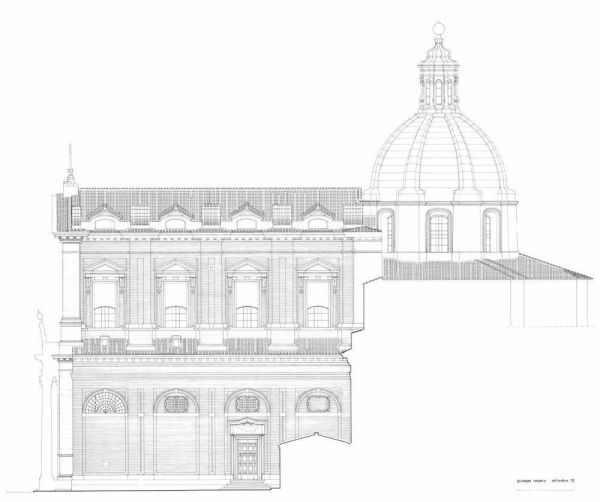A few days ago, I visited the workshop of a craftsman in the travertine area and was enthralled by this gentleman's workmanship. He created, in my opinion, small masterpieces.
Of course, there are many beautiful and great things in the world in all fields: from great works, to painting, to poetry, to scientific discoveries. It is superfluous to list them. They are known, they are admired - and will be in the future.
But often in our everyday life we can find, discover small works produced, created by unknown people. The Treccani dictionary defines creativity as 'creative virtue', the ability to create with intellect, imagination, inventiveness.
On this occasion, I went to dust off an old book of mine by Silvano Arieti - 'Creatività sintesi magica' - Il pensiero scientifico editore. This psychiatrist and psychoanalyst gives a beautiful definition: 'Creativity, a human prerogative, can be seen as the humble human counterpart of divine creation' (p. 3). While the Creator moulded all things from nothing, human creativity uses what already exists to change it.
The author then speaks of ordinary creativity, and extraordinary creativity. It is about different levels of creativity, not the creativity of great works or of great men of letters [think of the Divine Comedy or the great monuments, the wonders of the world] but the small works of us ordinary men who sometimes manage to mould what we have into something stupendous.
We improve our self-confidence, we feel satisfaction, we believe in ourselves more - and this motivates us to work better. Arieti goes on to say that ordinary creativity must not make us forget and neglect extraordinary creativity. While 'the ordinary raises man's morale and eliminates or diminishes neurosis, the extraordinary is responsible for mankind's great achievements and social progress' (p. 11).
Later in the book, Arieti quotes Nathaniel Hirsh, who in his 1931 work 'Genius and Creative Intelligence' examined the difference between talent and genius.
He wrote (pp. 288-289): '[...] the genius creates, the man of talent determines improvements; the genius intuits, the man of talent analyses and explores: the genius aspires, the purpose of his life is creativity; the man of talent is animated by ambition and the purpose of his life is power; the genius is always a stranger in a strange land; men of talent are those for whom the earth is a paradise and social adaptation a natural vocation'.
Personally, I have wondered whether creativity, be it big or small, is related to intelligence. Many authors have made studies in this sense. The author claims that there is still no consensus. It seems, however, that highly intelligent people are not necessarily creative. A high IQ can limit inwardness by the presence of strong self-criticism.
Getzel and Jackson studied two groups of children: one group with high intelligence but no corresponding IQ and the other group with high creativity but no corresponding IQ. Comparing the results despite a difference in the IQ scores of the two groups, there was no measurable difference in academic performance.
Other authors have tried to study the psychological qualities of creative people.
According to Mary Henle's studies, a decisive property is receptivity: that is to say, rather than looking for ideas, we must be careful to receive them.
Another peculiarity is the 'immersion' in the material - to get more information, but also to know the difficulties.
For Guilford, a general sensitivity to things is also important.
Some societies fostered creativity, while others inhibited it. Although the creative process is an intrapsychic phenomenon, it is largely facilitated by a suitable environment.
I remember when I was a student I was amazed after a lecture where the lecturer stated that a person with qualities or genius, if he or she did not have fertile ground, would hardly emerge. I was convinced that a person of genius emerged in any case.
Using an allegory, a beautiful flower can grow well if it is born in inaccessible soil and lacks the necessary care, and if it does, who knows if anyone will notice its splendour.
Francesco Giovannozzi psychologist-psychotherapist












